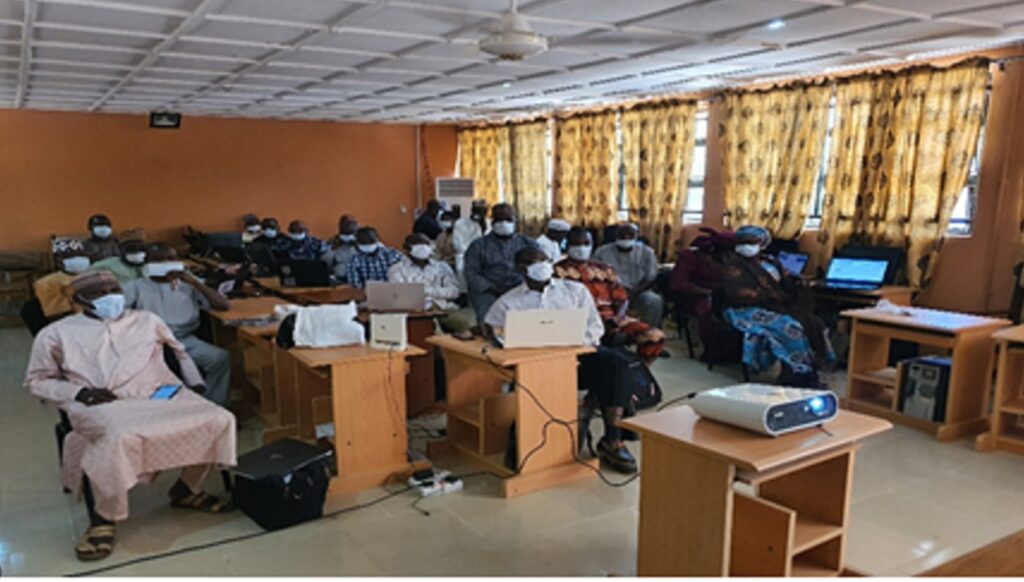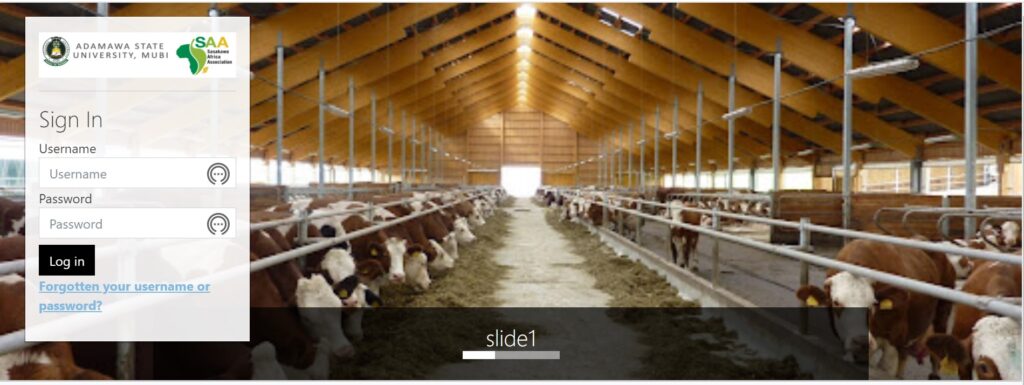Sasakawa Africa Association Trained Adamawa State University Mubi Lecturers on the Utilization of Learning Management Systems for Formal and Non-Formal E-Extension Services in Nigeria
Sequel to the new Sasakawa Africa Association strategic plan, where mainstreaming of e-extension in agricultural extension training and operations as well as scaling up technologies through digital transformation is a major goal, Sasakawa Africa Association trained Adamawa State University Mubi’s lecturers on the utilization of Learning Management Systems for formal and non-formal e-extension services in Nigeria from 24th to 26th November, 2021. All lecturers in the faculty of agriculture covering the departments of agricultural economics and extension, animal production, crop production and fisheries and aquaculture were trained. The deployment of Learning Management System enables the enrollment of trainees for the BSc degree programme, farmers and other value chain actors for release of Short Message Services (SMS), images, podcasts, & videos for extension advisory services. The LMS is expected to improve general enrollment, improve female enrolment and prevent disruptions to training and advisory services during periods such as pandemic and insecurity.

The lecturers who participated in the training, will after the training provide training and agricultural advisory services through telephone-based enrollment to about 500,000 farming households and other value chain actors around Adamawa State University Mubi.
Sasakawa Africa Association and Adamawa State University Mubi have been in partnership since 2014 when the programme was established through cost sharing between Adamawa State University and Sasakawa Africa Association as the only programme in North East Nigeria.
SAA for close to four decades has been supporting small-scale farmers and other value-chain actors along the value chain through enhancing national agricultural extension system and building capacity of mid-career extension staff with 29 partner universities and agricultural colleges in 11 Africa countries.

